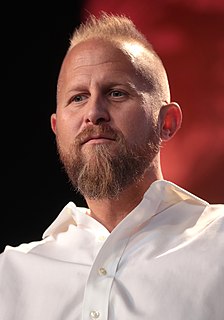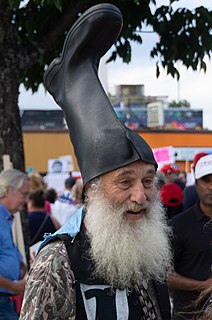A Quote by Morrissey
I know L.A. well, but it's a police state.
Quote Topics
Related Quotes
The Baathist state did two things extremely well. One was create information-gathering intelligence networks and a filing system. There's actually a lot of information on a lot of people and that is a major achievement of a police state. The second one is the promotion of literature and poetry, and the arts generally. So this is a state that's producing mass police archives - surveillance - and poetry. And in fact a lot of the archives are about what poets are writing or what they should be writing.




































